Where we have an impact
We can be found in the remotest places and where we are most needed.
Find out more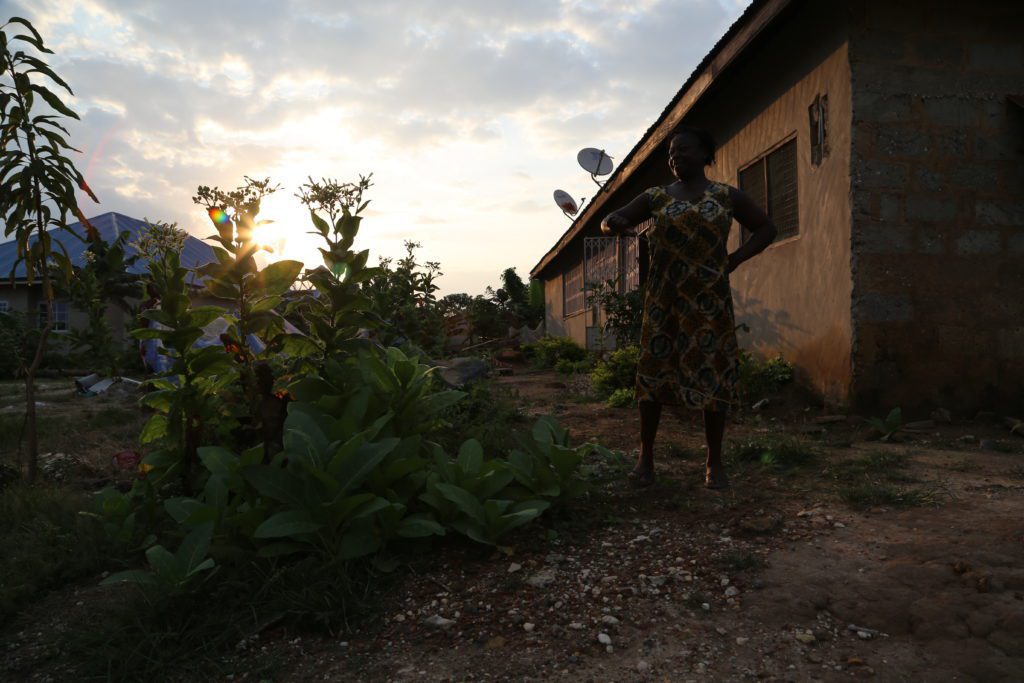
Taqiah Mabel, Ama Detebea, Comfort Baah, Agnes Anawa, Yaa Agyakwa… these are some
of the 1 billion or more people affected by 90% of Neglected Tropical Diseases. However,
that’s not the only thing they have in common: they also live in the same region.
Sub-Saharan Africa. A forgotten territory.
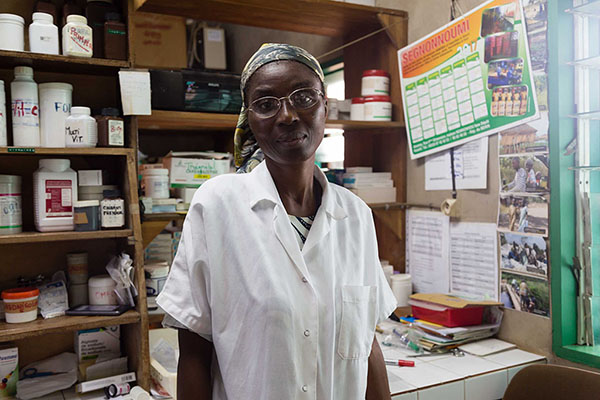
A clinical trial to reduce the treatment time for the Buruli ulcer by half
After decades combatting the Buruli ulcer, which affects thousands of people in over 33 countries, we are still unaware of its exact mode of transmission. We know it is related to environments with stagnant and unsafe water.

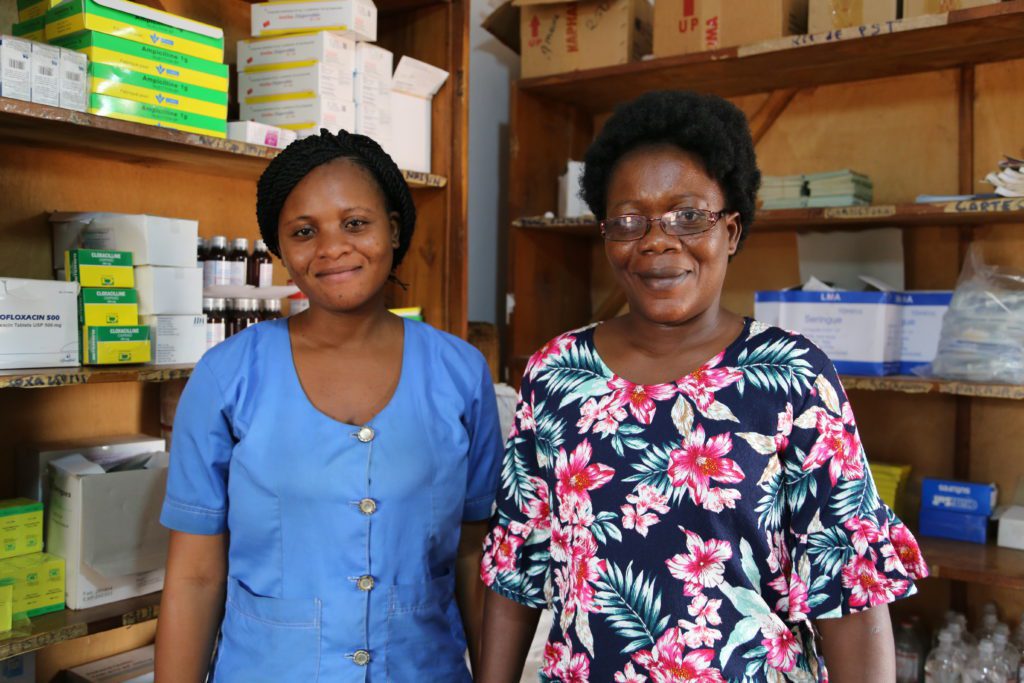
Ending NTDs in Gagnoa by 2023
To combat NTDs in Gagnoa, we work in collaboration with the Ivorian Ministry of Health via their National Programmes to fight against leprosy and the Buruli ulcer.

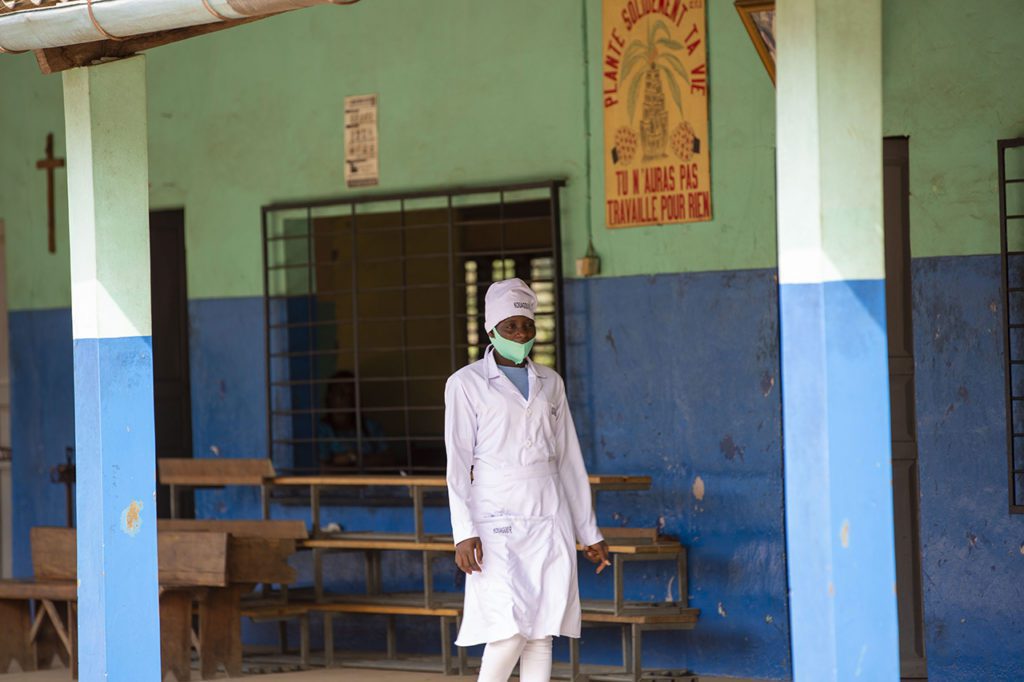
Strengthening the African network of laboratories for Buruli ulcer research
There are currently no unified protocols for detecting Buruli ulcer. Although the WHO sets guidelines for the control of NTDs, many laboratories in Africa do not have standardised protocols for sample collection and subsequent screening and diagnosis of these diseases.

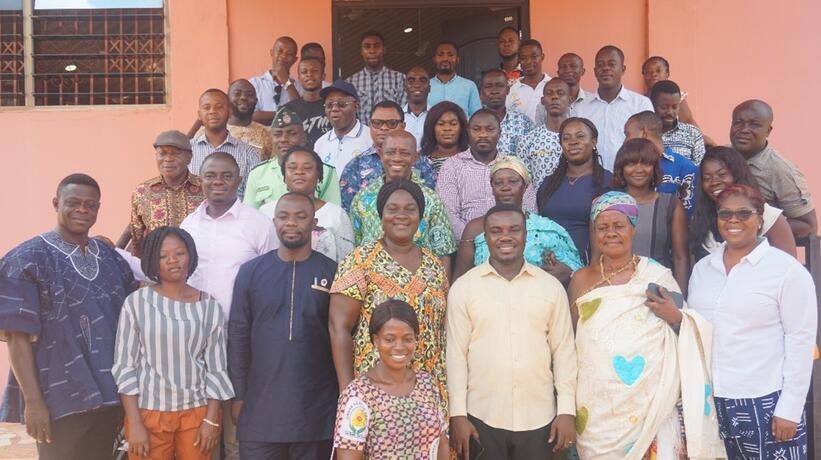
Basic water and sanitation services for Upper Denkyira East
The population of Upper Denkyira East lacks basic access to water and sanitation services, resulting in a higher transmission of infectious and diarrheic diseases such as NTDs.

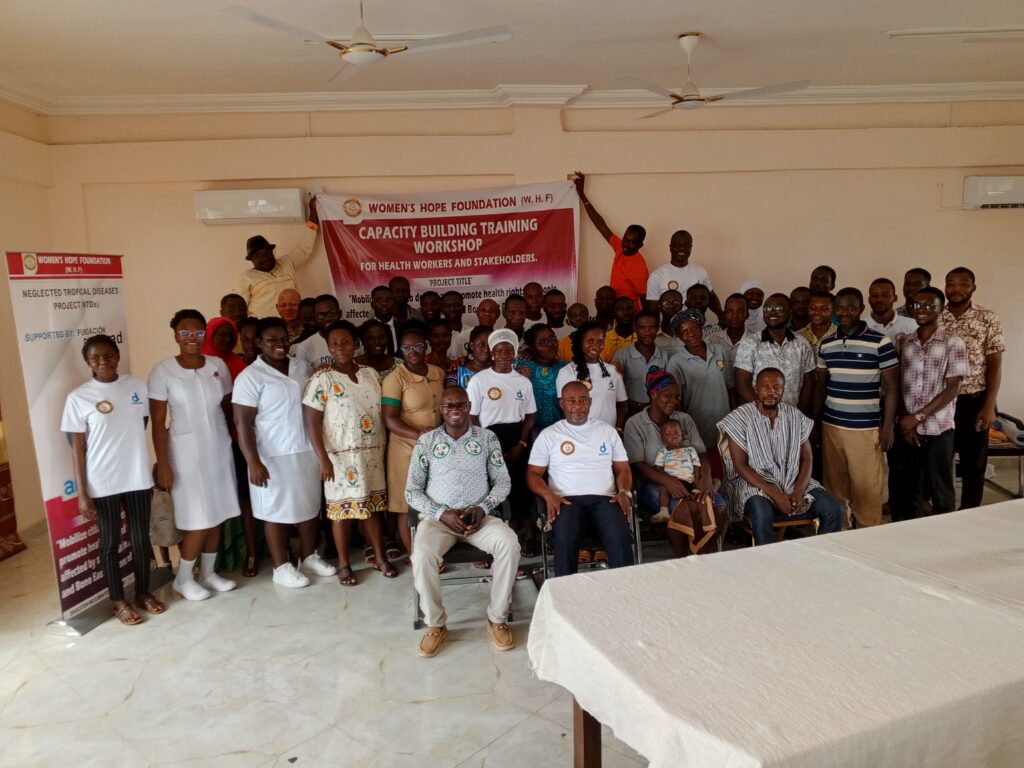
Tackling NTDs through a gender equality perspective in Ghana
Women suffering from diseases such as NTDs are even more vulnerable to poverty and lack of opportunities.

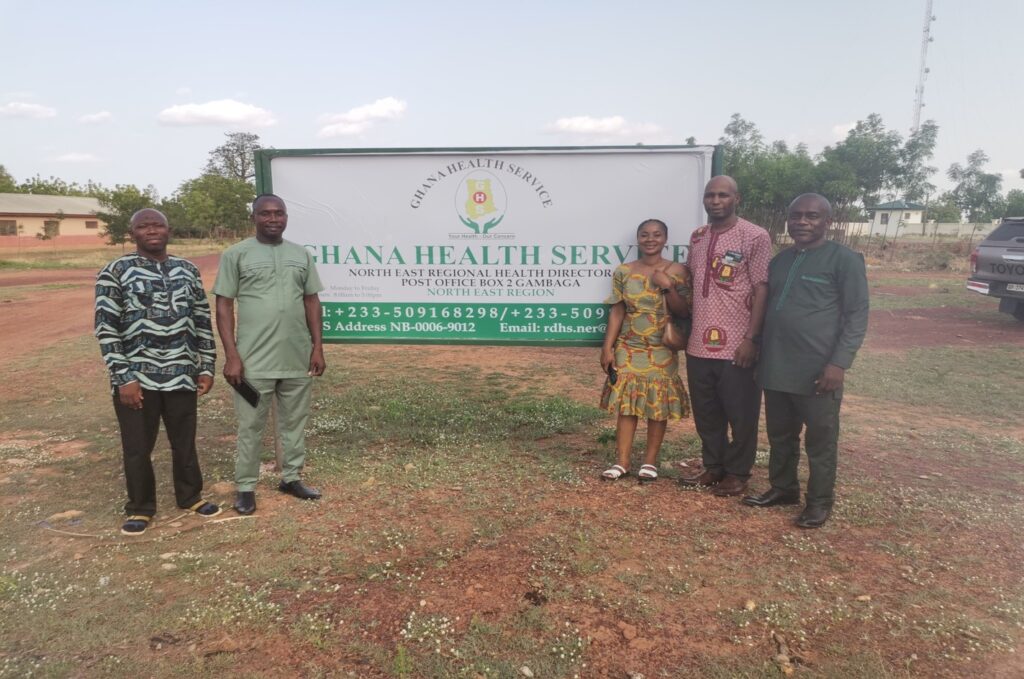
Giving voice to people suffering from NTDs to improve their participation in society
There exist evidence of lack of inclusion and participation of people with skin-NTDs in most community activities.

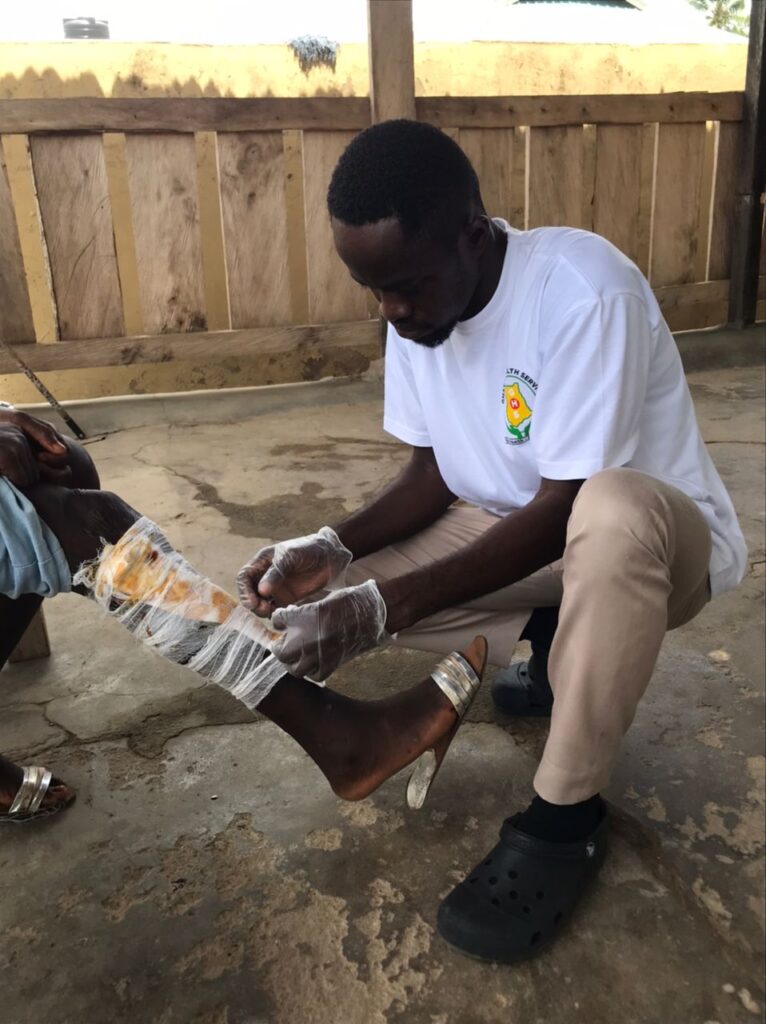
Addressing NTDs in the Eastern Region of Ghana
Ghana is endemic for several NTDs and about half of the population lives in rural, impoverished and isolated areas that are conducive to their proliferation.

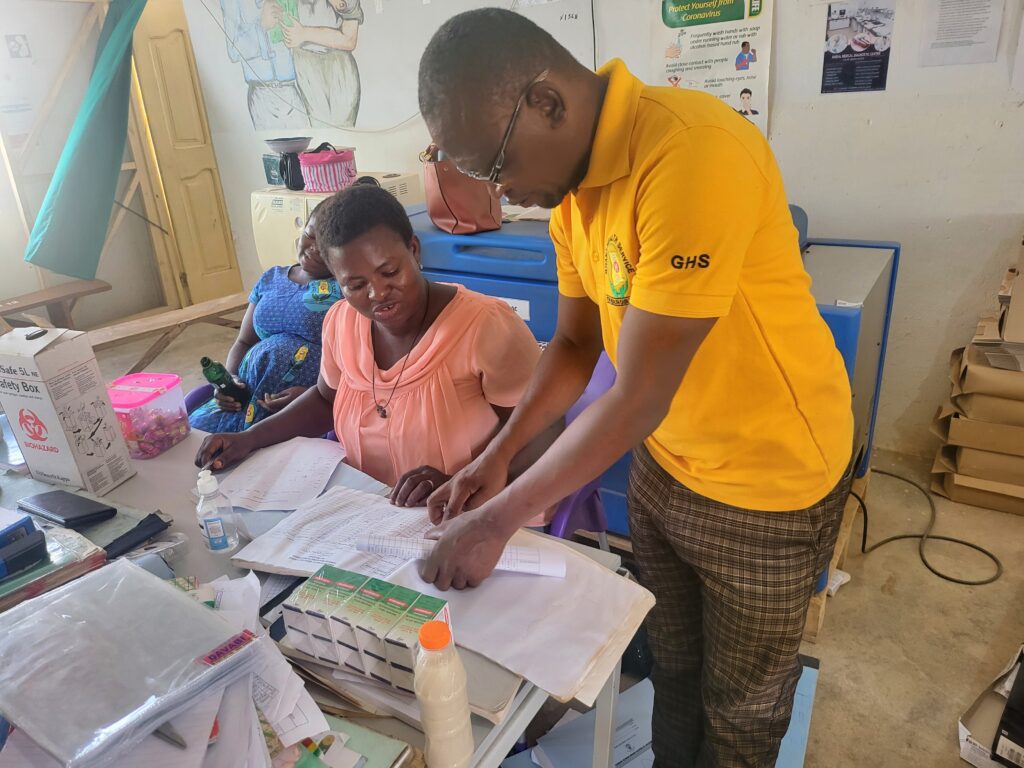
Controlling new cases of leprosy in Bawku
In 2021, 8 new cases of leprosy were detected in the municipality and in 2022 5 have been detected so far.

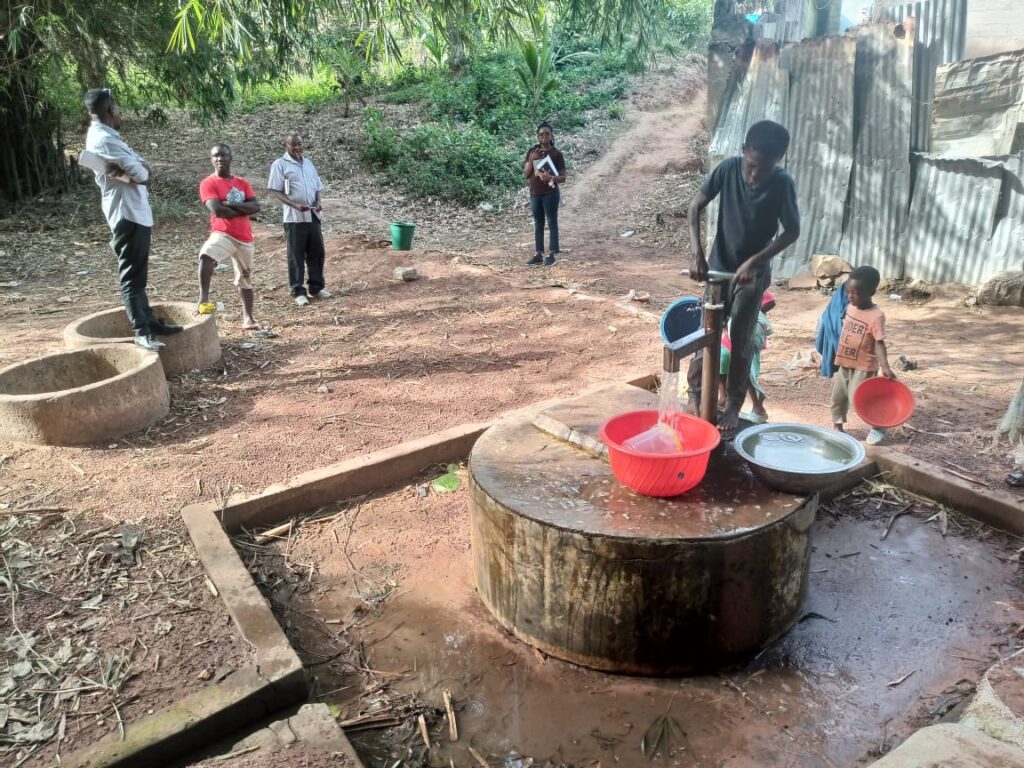
Hand washing and new wells to tackle yaws in Akuapim
Akuapim North and South Districts, located in the Eastern Region of Ghana, has seen an increase in yaws cases since 2020.

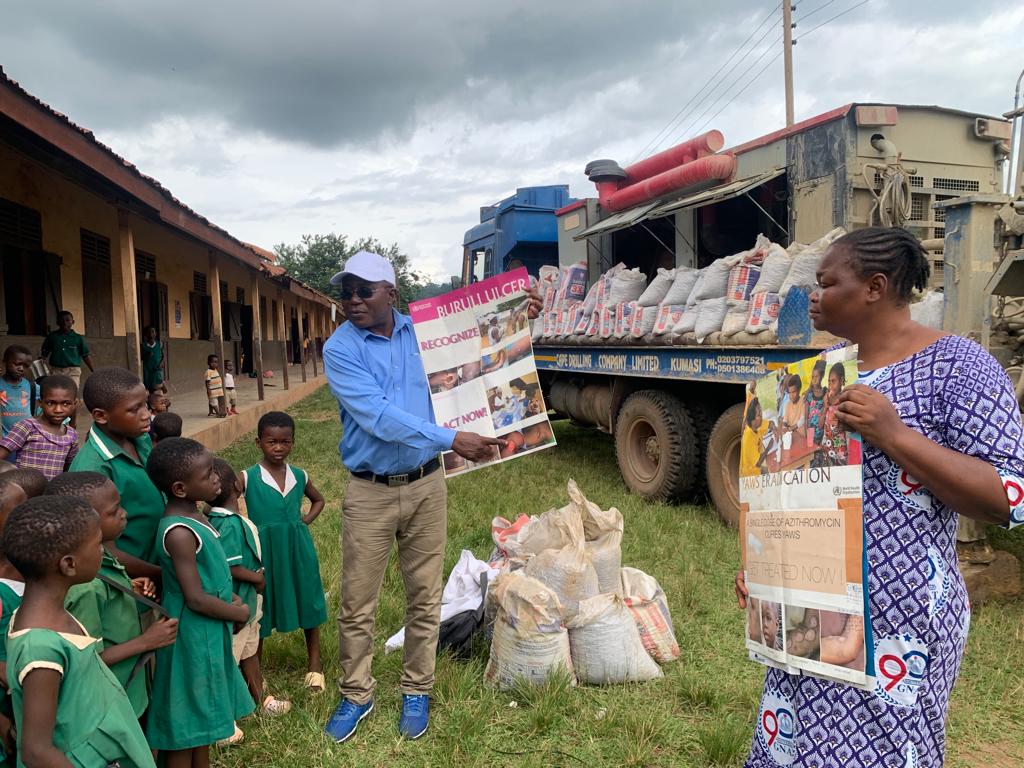
Improving the health of communities in Upper Denkyira
the Upper Denkyira East and Upper Denkyira West districts in Ghana are endemic of a number of NTDs, namely Buruli ulcer, yaws and leprosy.

Freeing Aowin district from the burden of skin-NTDs
Yaws, Lymphatic filariasis and other skin-NTDs cause suffering and disabilities in communities of the Aowin district in Ghana, in the South-western part of the country.

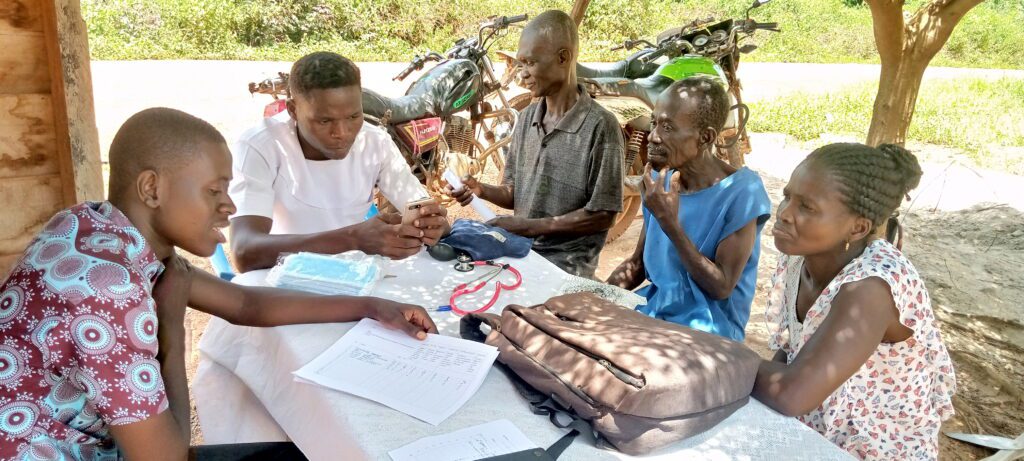
A comprehensive approach aimed at reducing skin NTDs in three districts in Ghana
This holistic approach will enable us to improve access and coverage for 6,000 people in three districts of Ghana by improving health care and extending it at community and psychosocial level.

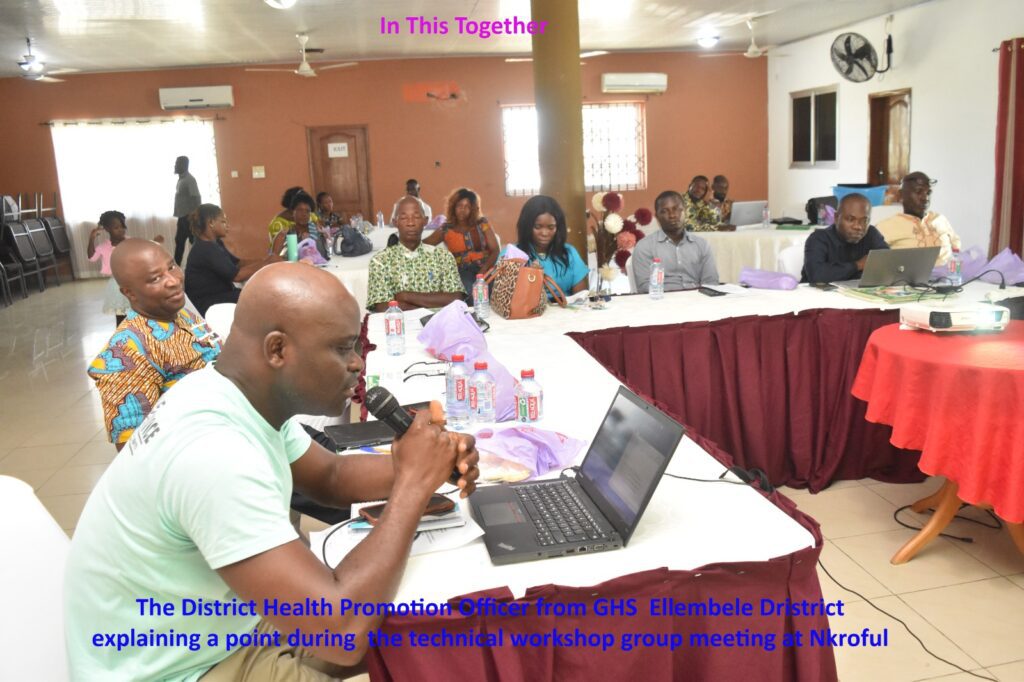
Bringing about a change of attitude to reduce NTDs in Ellembelle
By the end of the project we envision a behavioural change towards skin-NTDs in the endemic communities suffering from them, resulting in a lower prevalence of this diseases and greater acceptance of those suffering from any NTD.

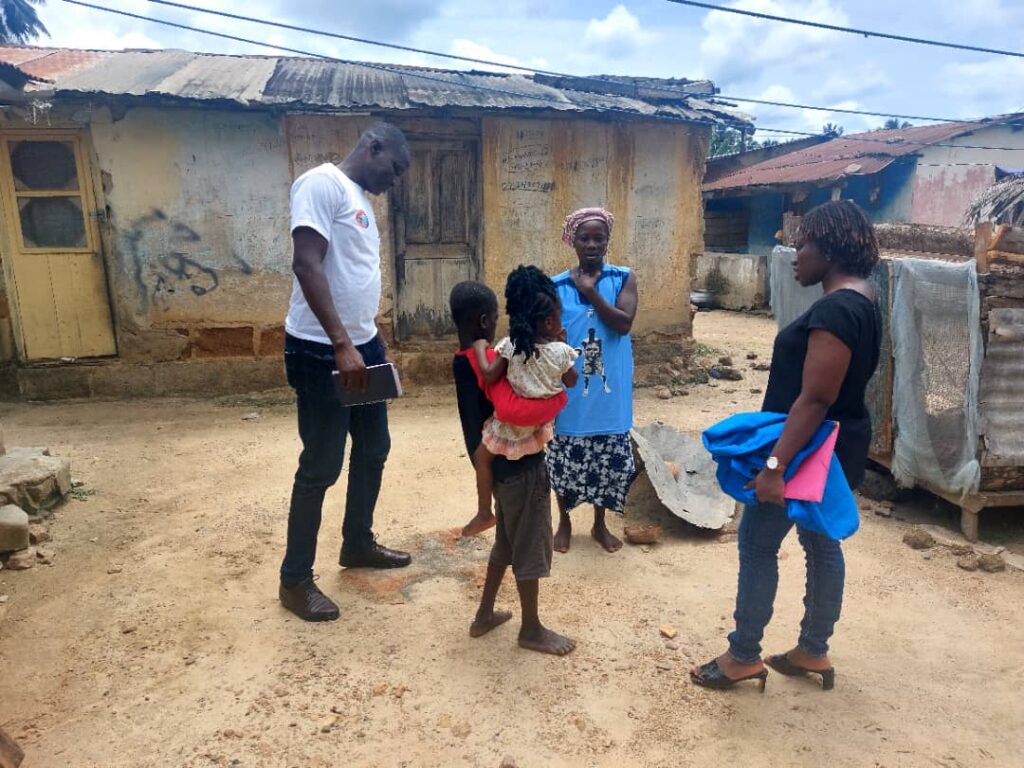
Reducing NTDs in 13 endemic district of Eastern Ghana
Alongside Hope for Future Generation and Rural Watch, the project will be implemented in 13 NTD endemic districts in the Eastern Region of Ghana.

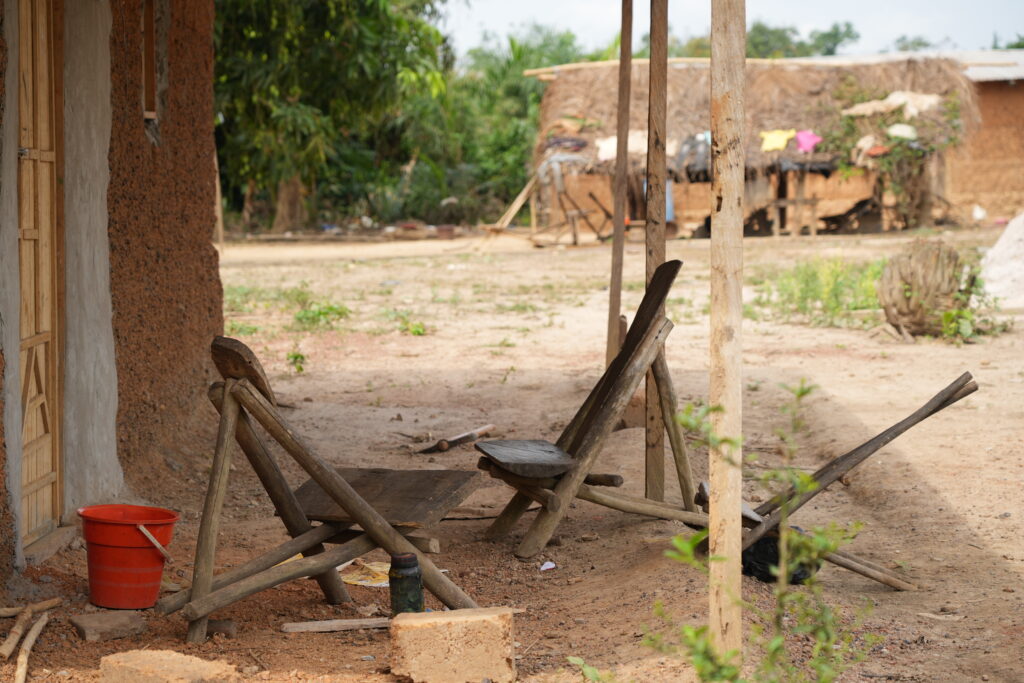
A path to a full recovery that includes mental health
By strengthening the capacity of health workers to tackle the consequences of NTDs on mental health, we will support a full recovery of patients.

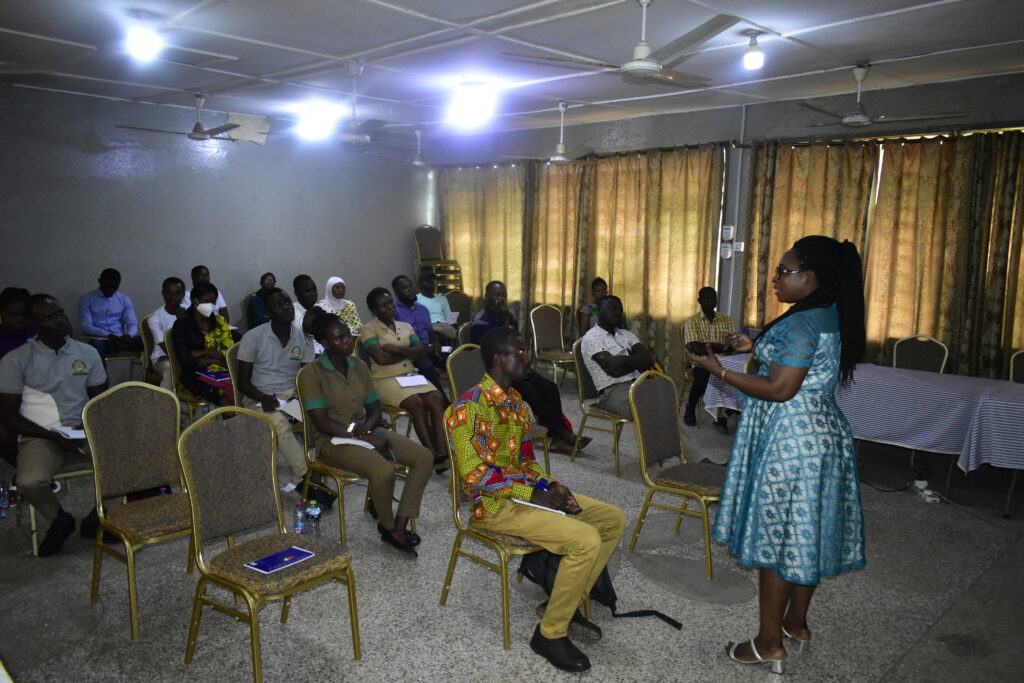
Partnerships with mental health organisations in Ghana
By supporting Basic Needs, a Ghanaian organization that work for social inclusion and opportunities for people suffering from mental health, we are tackling different aspects that improve the life quality of people with NTDs.

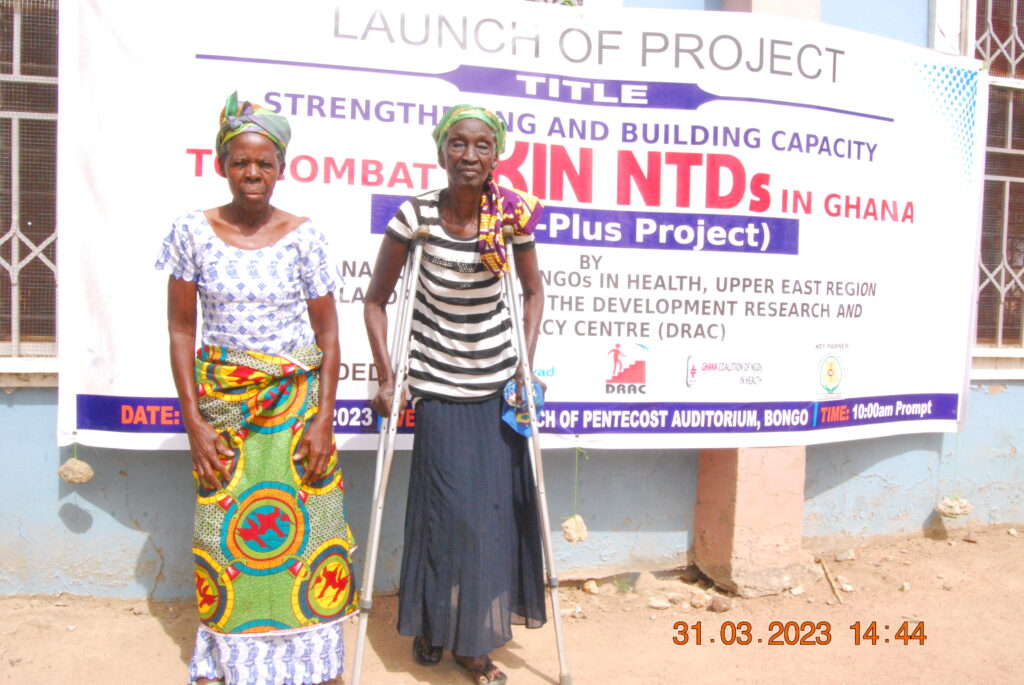
Supporting the Ghanaian Upper East Region to end NTDs
This project forces to tackle the problems faced by people affected with skin NTDs in the Upper East Region of Ghana.

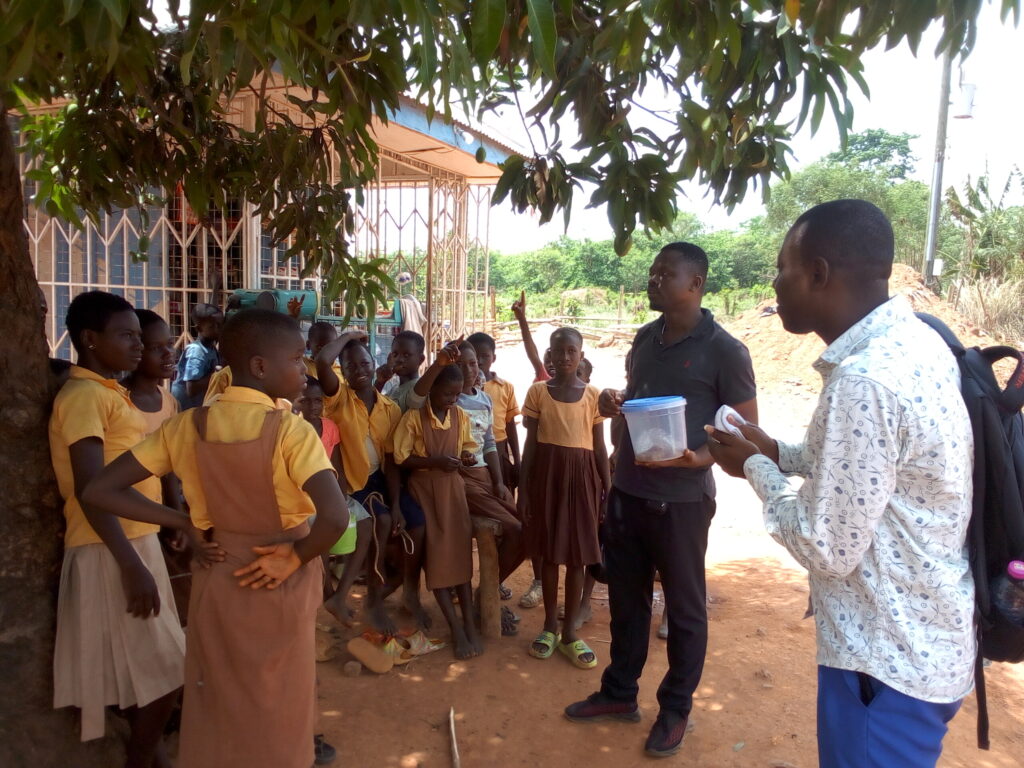
WASH, mental health and microcredits to improve the livelihood of NTD-affected people in Ghana
By implementing WASH activities and other health related activities, we will further provide alternative opportunities to ensure that persons affected by skin-NTDs are capable of working to improve their livelihood.



Be part of change
With your help, we guarantee the Right to Health for the most impoverished and forgotten
people on the planet.


